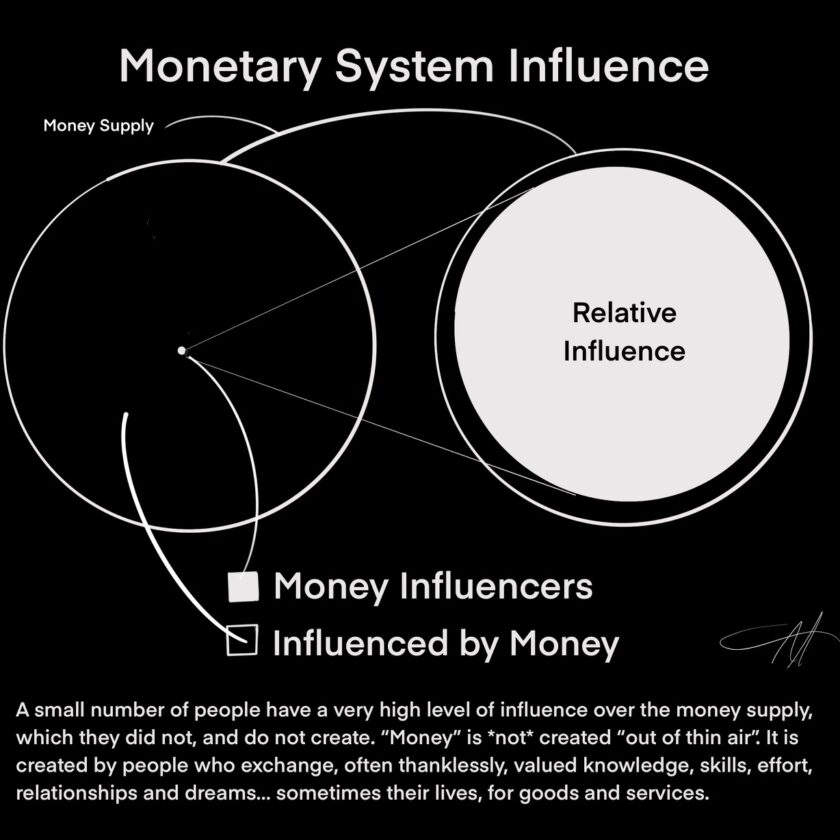When Under-Achievement Is Just Too Much
Another Alarm Call? Or A Call to Action?
News reports citing new and further examples of sub-par performance by Americans of African descent as compared to members of other ethnic groups, have become commonplace. Here are some examples.
- An alarming percentage of African American children are consistently scoring on a scale that is lower—by several orders of magnitude—on standardized scholastic achievement tests such as the Stanford-9 Achievement Test (SAT-9) and Iowa Test of Basic Skills.
- An alarming percentage of African American men are starting their young adult lives, not in the dormitories of our nations colleges, but in prison dormitories. Some are there for drug related reasons. Many more are incarcerated for assault, various forms of abuse, rape, vandalism, gang violence, and murder. The vast preponderance of their victims is other African American people—family, neighbors, business owners, strangers and friends.
- A disturbing and, you guessed it, disproportionate percentage of African American men, women, and children are infected with HIV or have contracted AIDS.
All of these developments are alarming. All point to the need for a change. While some people wonder whether the problems can be solved, or wish to argue about who is “at fault,” I’d like to suggest that these problems are solvable, and identify who has the power to solve them.
Irrespective of how these problems got started, irrespective of the disparities that exist in resources, money, or access to information, the people with the problem are the only ones who have the power to solve it. The key to unlocking the power is in 1) a shift in attitude, 2) seeking and taking in new, enabling information, 3) being more proactive in the present, and 4) visualizing the future in a way that is free of the animus of the past.
A Shift in Attitude
To be an under achiever is to “under live” life itself. It is to be less than your heart knows you can be, to go fewer places than your heart knows you would enjoy, and to be less meaningful than your heart knows is possible. Ultimately, it means to have a shorter list of what might be considered life affirming, loving experiences to call one’s own. At least, it seems to be that way. In truth material possessions are not what makes life meaningful, or even happy. However, if the freedom to pursue one’s highest dreams is present, then it is incumbent upon each individual to be actively engaged in the pursuit.
There is an overwhelming consensus of understanding and agreement that generations of overt oppression associated with slavery and the Jim Crow era, as well as pre-civil rights era injustices, all contributed to the genesis of the disparity in group “Gross Domestic Product” by Americans of African descent. However, simply by taking a self-righteous position of waiting for society to change its attitude will not narrow the opportunity and freedom gap that has been experienced by so many people. Even if society does change its attitude, the business of transforming one’s life will still rest with the individual. Therefore, the affected people must change their attitude, whether the collective society changes its attitude or not. The salient point to consider is that the power to transform one’s life will work for the positively motivated whether society agrees, supports them, or not.
The problem of social disaffection is not unique to American people of African descent, but it is acutely demonstrated in their example. The problem of under-achievement and of the very possible, positive contributions that don’t get made by members of this group, affects all of American society, and the world. A personal attitude change, from “I can’t,” to “I will,” makes obstacles that once looked impenetrable into gauze. By being interested in, and caring about other people, regardless of their ethnicity, the mind becomes privy to information and knowledge that can bring about change, not only of a personal level, but social change as well.
Seeking and Taking In Enabling Information
Human beings are creatures of habit. As such, our habits extend to the types of information, or “mind food,” that we feed ourselves. The mind food that disaffected people tend to partake is more disabling than enabling, in nature. Disabling information is that which offers no clues as to how to solve real problems, or that a solution is even possible. Disabling information has the effect of keeping things as they are, or making them seem worse… keeping people who are waiting for change, waiting; with hope waning. The longer they wait, the longer they will seethe. This is not the fault of the information. It is the responsibility (not fault) of the individuals who choose to continue “waiting.”
Anyone who is waiting for someone else to change is simply maintaining the status quo. Even if the other party actually makes a real change, there will be little in the way of perceived changes for the disaffected party. For example, in situations where there is an under achieving student, a parent who blames the school system and waits for it to 1) get better teachers, 2) build more schools, 3) build infrastructure, or 4) see how its 5-year plan works, will see no appreciable change. Both parent and child need to undergo a shift in attitude, and begin feeding their minds with information that enables new possibilities. The enabling information opens the door to new knowledge and skills that make real change, and new liberated experiences possible.
In truth, information becomes enabling after the individual has decided that they will become active agents of their own life transformation. Therefore, information may not have changed at all. The newly enabled individual becomes conscious of ways to use the information to bring about change. He or she will also begin paying attention to what it means, and look for ways to use their newly synthesized knowledge to make real changes in their life.
Information will not change anyone’s life by itself, but positive, sustained, intelligent action will. The process of enabling is all about the positive action that we take, which brings new life and vitality into our minds, hearts, homes, neighborhoods, schools, and communities.
Becoming More Proactive In the Present
All of the transformational steps outlined thus far have been examples of proactive behavior. However, keeping one’s mind focused in The Present instead of the past creates a more solid foundation for a changed future. It doesn’t matter what aspect of the past we think of. It could be past injustices—slavery, Jim Crow, segregation. The past could be a father’s leaving home (or never having been in the home to begin with). The past could be a mother’s drug overdose, or a sibling’s death by gang crossfire. This is not only the past for some people, but the present. While there are no American slaves today, there are many people who are experiencing the remnants of a hopeless, helpless, powerless, passive life. Yet, they need not be powerless, if they elect to set aside passivity and become proactive.
Individual proactive behavior is necessary because no one else knows what makes the stars twinkle in our mind and heart, but us. No one can tell us what we are interested in, or what latent talents are within us that can be revealed as a special gift to the world. Only we can understand the inner, unspoken language of our heart. Only we can read between the lines of our own experience to find its meaning, ferreting out real opportunities from unacceptable risks, for us. Waiting for someone else to make things easier for will not get anyone where he or she wants to go. Loving proactive behavior by parents is the best way to get children to become proactive as well, because 1) they will see and understand the benefits, and 2) they will have had a personal role model.
The under achievement of a disproportionate number of American children of African descent is a legitimate cause for alarm. It portends a continuation the problem. It suggests that a disproportionate percentage of these children will grow up unaware of opportunities that are actually open to them, but they will believe are closed. Aware of fewer viable economic options, a higher percentage of them will explore illicit opportunities that they are familiar with—drugs, crime, and gang activity, behavior that has been modeled in some of their neighborhoods and homes for generations. A disproportionate number of these children will grow up to with being maintenance workers, garbage men, security guards, and factory workers. There’s no dishonor in these jobs. A disproportionate number of them will see professional sports or entertainment as their only viable avenues of opportunity. Precious few will see the opportunities of entering the world of ideas, theory, science, mathematics, or physics. Our hearts are sad because for honorable men and women, this is as high as they will aim in life. Instead, many will elect to escape reality by getting high while engaging in depressing pursuits, opening up a different kind of kettle of worms.
This entire subject would not be worth writing about if the trends could not be changed. Indeed, most of what the public hears about performance tends to perpetuate the idea that things will always be this way. Researchers can only crunch the numbers and writers must report what they say. But thankfully, we are still free to comment on such findings. We are still free to speculate on how change can happen, and who can make it so.
Wouldn’t it be wonderful if the researchers looked at all the numbers and found no appreciable difference across racial groups? It’s possible when disaffected people stop waiting, take self-initiated positive steps, and start doing.




